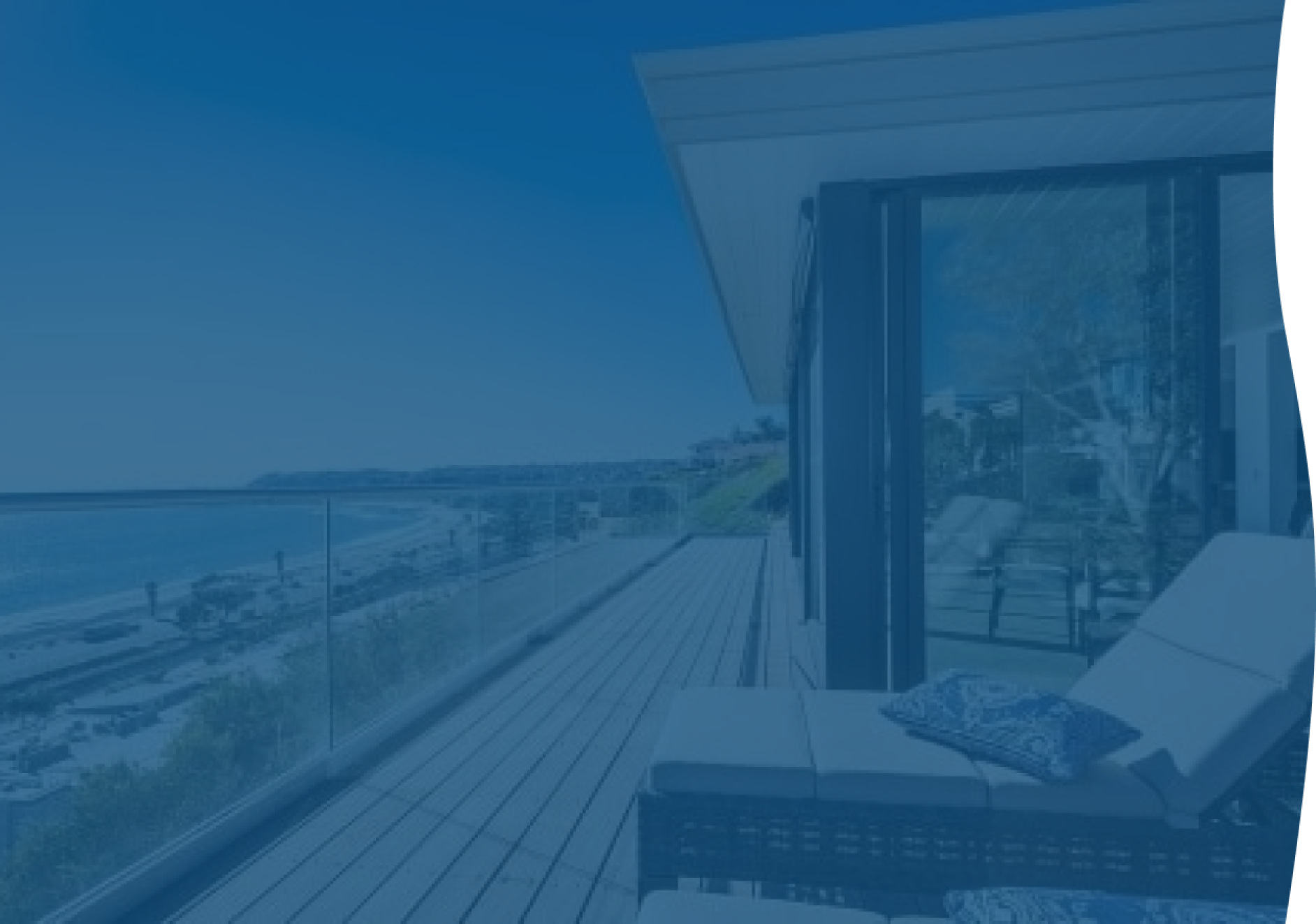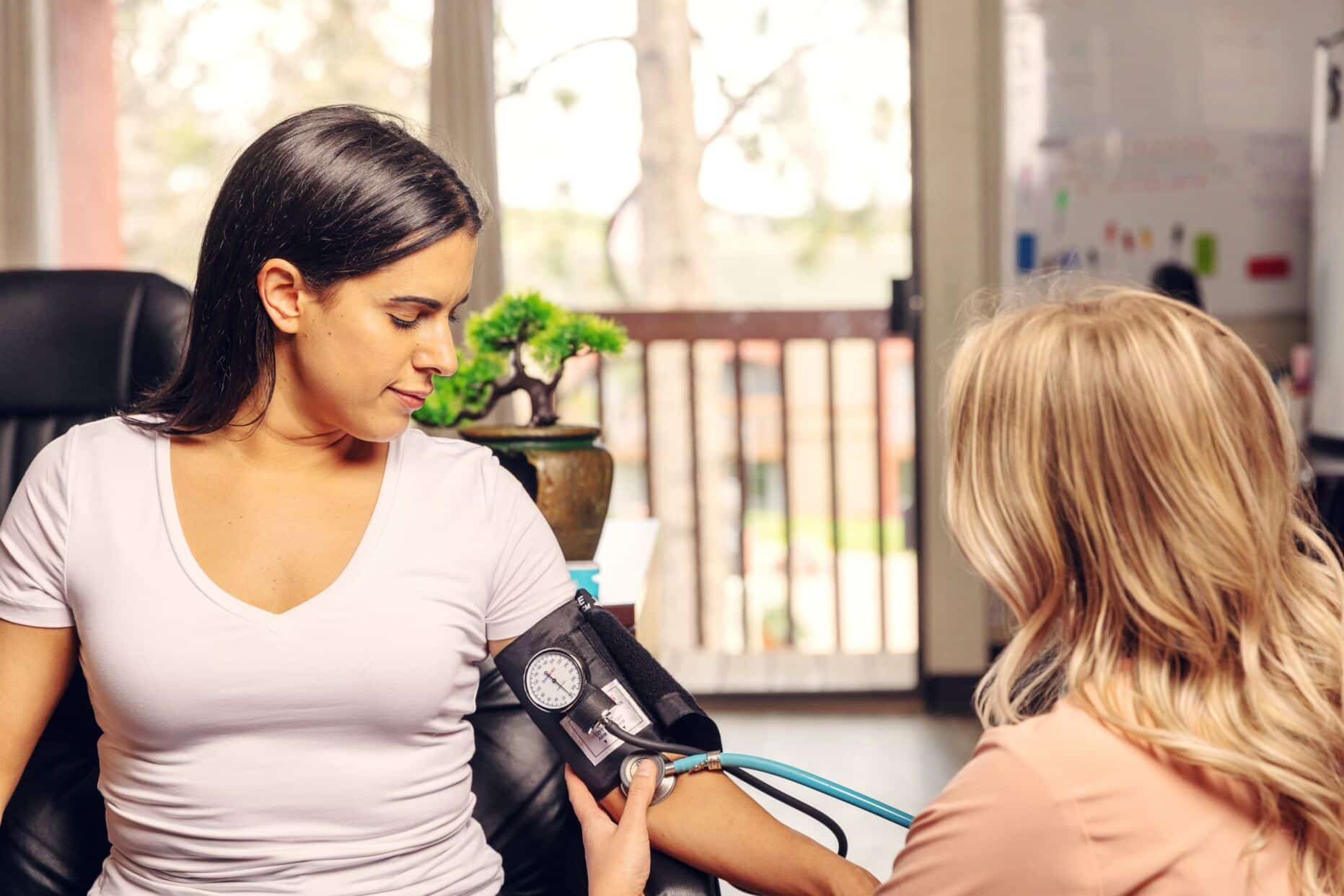Rancho Cucamonga is located in San Bernardino County, CA with an estimated population of over 177,450 as of July 2017. In 2016, the San Bernardino County recorded 36 overdose deaths attributed to opioids. It’s amazing that the rate was very low considering the more than 1.5 million prescriptions written that same year. California rehab centers are working overtime to help alcohol and drug dependents kick their habits.
Call a drug rehab in Rancho Cucamonga now if you or your loved one is struggling with addiction.
Commonly Abused Drugs in Rancho Cucamonga, CA
Just like most cities in San Bernardino, Rancho Cucamonga drug rehab centers have been treating patients hooked on meth, cocaine, heroin, crack cocaine, prescription opioids, and fentanyl. Meth and fentanyl are especially dangerous because they are very unpredictable.
Meth, for instance, seems to encourage violent behavior while fentanyl is a very dangerous opioid just because of how potent it is. It’s probably one of the top drugs that can be attributed for accidental overdose fatalities.
In San Bernardino, for instance, there are 320 drug overdose deaths per 100,000 population. The data is interesting considering that the total opioid deaths actually dropped in California between 2016 and 2017. Clearly, drug users still do not fully understand the dangers of drugs, particularly fentanyl.
Drug rehab centers in Rancho Cucamonga have also noted an increasing number of drug users who are addicted to fentanyl.
Substance Use Disorder Among Rancho Cucamonga, CA Colleges
Alcohol abuse is also rampant, particularly among the youth. In 2014, for instance, government data revealed that alcohol abuse-related emergency room visits grew by 10 percent in San Bernardino County. In the previous five years prior to the survey, hospital admissions rose 15 percent.
Statistics from the San Bernardino website revealed that almost a quarter of drunk driving incidents involve mostly college students between 21 and 242025olds. This is illustrative of the pervasiveness of alcohol in college campuses in the county, as well as in Rancho Cucamonga. In the United States, one person is killed every 51 minutes.
The Alcoholics Anonymous Rancho Cucamonga is always ready to lend a hand to people with an alcohol disorder. The sessions are free although they are not meant really to provide the same kind of care you can expect from alcohol treatment centers in Rancho Cucamonga. 27123 Calle Arroyo #2121, San Juan Capistrano, CA 92675

Our closest facility is in California

Specific Issues Concerning Substance Use Disorder in Rancho Cucamonga
The county, like the rest of America, is struggling with an opioid crisis. To the credit of its officials, they are fighting back. In July 2018, it was reported that the county sued more than a dozen pharma companies and retailers for reportedly contributing to the tragedy.
The lawsuit could be a good test case for Rancho Cucamonga to replicate since the city is facing the same opioid challenge.
Types of Treatment for Substance Use Disorder in Rancho Cucamonga, CA
You can expect rehabilitation facilities in Rancho Cucamonga to employ different types of treatment methods in the effort of helping the patient. Each drug or alcohol dependent responds differently to the treatment. The intake process is crucial for treatment centers in Rancho Cucamonga to find the right combination.
If your desired type of treatment is not available in Rancho Cucamonga, consider seeking out the details of a rehab in Tustin.
Among the treatment methods a typical Rancho Cucamonga rehab will undertake include:
- Non-12 step rehab –The non-12 step treatment is geared for patients who might not be comfortable with the faith-based teachings of the 12-step program.
- 12 step rehab – The most popular recovery method, which puts more premium on surrendering yourself to a higher power in order to treat yourself.
- Dual diagnosis rehab in Rancho Cucamonga (also called co-occurring disease) – This specialized treatment targets both the substance dependence and the co-morbid mental illness.
- SMART Recovery Meetings in Rancho Cucamonga — The treatment is rooted on scientific research that focuses more on independence and self-reliance to kick your habit.
- Faith Rehab – This is for people who have a strong faith and the treatment, as well as the values, will resonate strongly with them.
- Medical detox near Rancho Cucamonga – Detox will allow the patient to manage the withdrawal symptoms as the brain and body get back to normal.
- Holistic methods – Non-traditional methods that include yoga, meditation, music therapy, etc.
- Luxury rehab – You get treatment in a spa-like environment, which makes the recovery that much easier. If luxury rehab is unavailable locally, consider seeking out a treatment center in San Jose, CA.
You will also be referred to aftercare services like AA Rancho Cucamonga and NA Rancho Cucamonga to help you cope with everyday stresses and identify the triggers that can push you to fall off the wagon.
A cursory search on the internet will provide you with a Rancho Cucamonga AA meeting schedule at a place near you.
Payment for the Alcohol and Drug Abuse in or near Rancho Cucamonga, CA
Admittedly, one of the roadblocks that prevent a person from seeking treatment in rehab facilities in California is the high cost. But there are ways around it. Paying for rehab may be different in other centers, such as a Stockton, California, rehab center, so be sure to compare your options. For instance, you can try the following:
- Private insurance
- Government insurance such as Medicare and Medicaid
- Company insurance
- Loan from friends or family members
- Your personal savings
You can also contact the alcohol and drug rehab near Rancho Cucamonga to find out if they have a payment plan that can help you settle the cost without necessarily burning a hole in your pockets. Call California rehab centers now and they will be glad to help you find a way to pay for the substance use disorder treatment.
Medical disclaimer:
Sunshine Behavioral Health strives to help people who are facing substance abuse, addiction, mental health disorders, or a combination of these conditions. It does this by providing compassionate care and evidence-based content that addresses health, treatment, and recovery.
Licensed medical professionals review material we publish on our site. The material is not a substitute for qualified medical diagnoses, treatment, or advice. It should not be used to replace the suggestions of your personal physician or other health care professionals.







